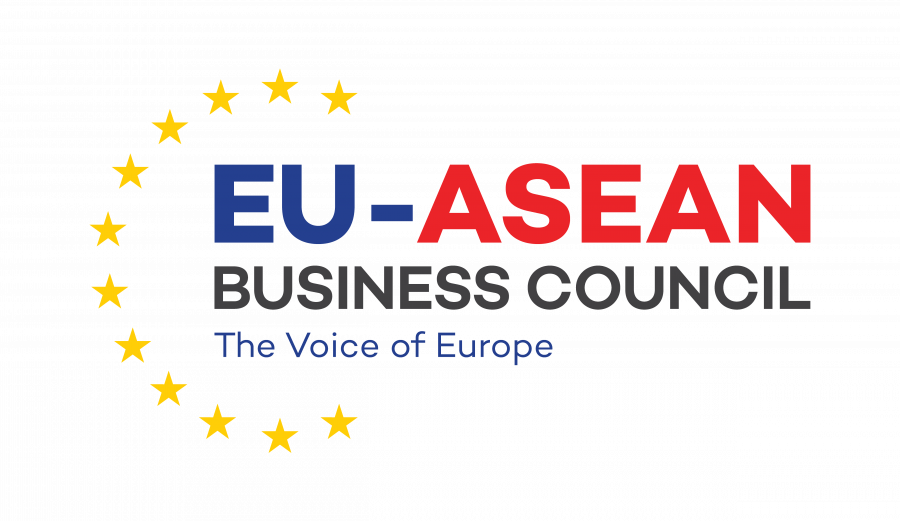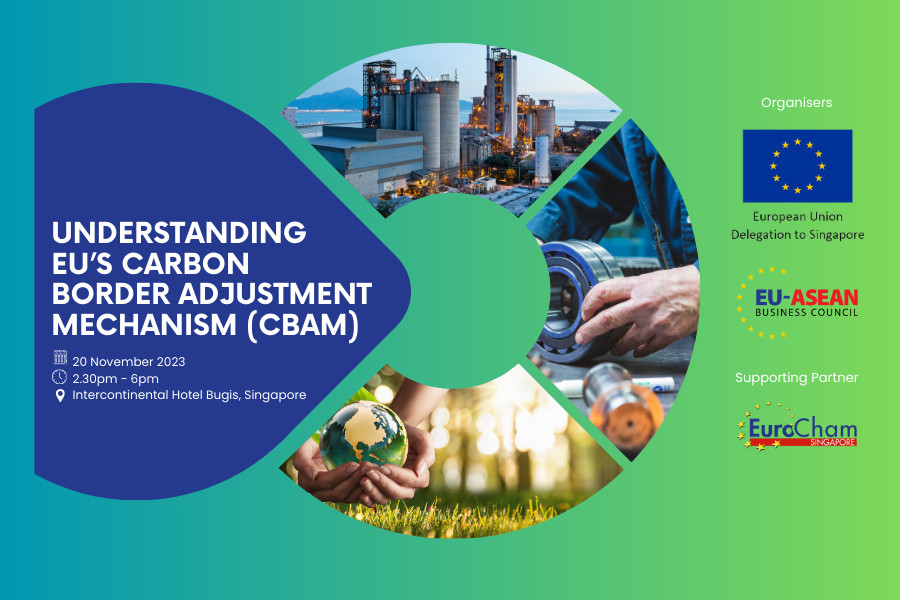The European Commission’s proposal for a carbon border adjustment mechanism (CBAM), was first released in July 2021, as part of the “Fit for 55” legislative package aimed at reducing the EU’s greenhouse gas (GHG) emissions by 55% from the 1990 benchmark level by 2030. As a measure against carbon leakage, the mechanism aims to equalize the carbon prices of certain EU products and similar or equivalent products imported from outside the EU in order to prevent production transfer to countries where climate change measures are lower than in the EU, with the aim of creating a level playing field for the companies producing in the EU.
The text of the CBAM legislation was agreed at the trilogue discussions in December 2022, with the scope covering goods from the cement, fertilizers, hydrogen, iron and steel, aluminium, and electricity sectors. The transitional phase for reporting started on 1 October 2023 and will run for 18 months until the end of 2025, when the permanent system enters into force.
Exporters of the covered goods from third countries like Singapore and others in the region will be impacted by the CBAM to varying degrees. The topic was raised in Singapore’s parliament in 2021, where the Ministry of Trade and Industry noted that they expect “limited impact” on Singapore’s domestic exports to the EU when the CBAM is implemented, as affected products constitute around only 0.08%, or S$14 million of total exports to the EU. Nevertheless, the Ministry noted that the CBAM should be consistent with WTO principles and not raise barriers to international trade. In particular, it should be applied in a non-discriminatory manner and take into account existing carbon taxation or other mitigation mechanisms implemented by exporting countries.
This CBAM event hopes to provide further clarification on the CBAM’s objective, and provide a platform for discussion and input from stakeholders from Singapore and Southeast Asia.
The event will kick off with opening remarks by Ambassador Iwona Piórko, the EU Ambassador to Singapore, followed by the European Commission’s Director-General of TAXUD Gerassimos Thomas, who will give the keynote address. This will be followed by two panel discussions – the first panel discussion will touch upon the implications of CBAM for Singapore and Southeast Asia, while the second panel discussion will look at implementation of CBAM during the transitional period and provide insights on how companies can prepare. Each panel will be represented by distinguished speakers from both Europe and Southeast Asia, who will engage in an exchange of views with the moderator.
Businesses, policy makers, and academia are invited to attend this event to understand more about the CBAM and its impact on Singapore and the region.

